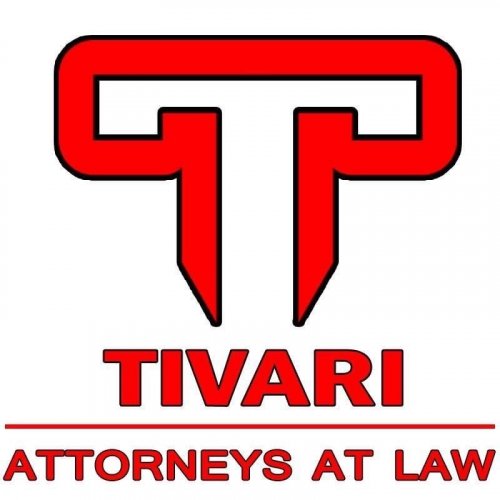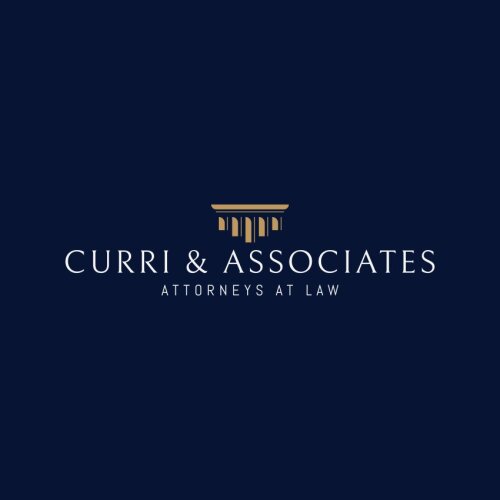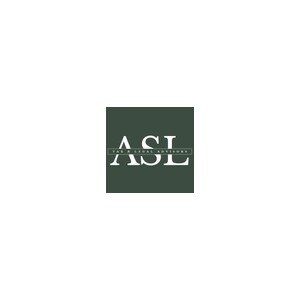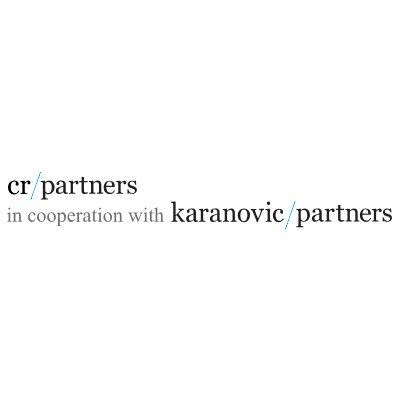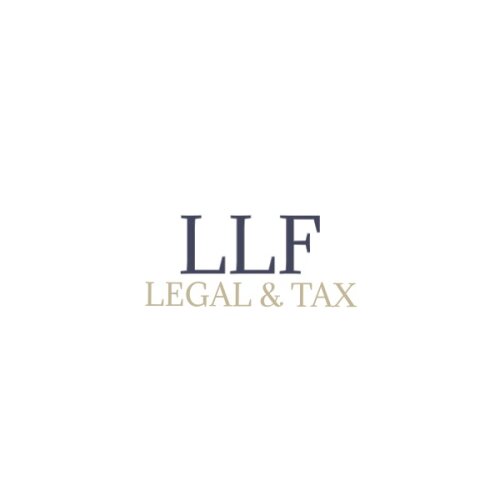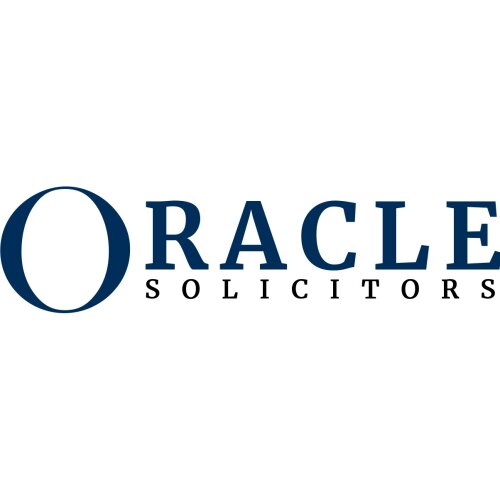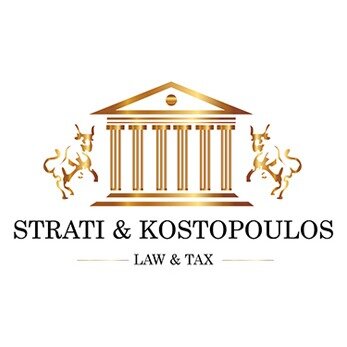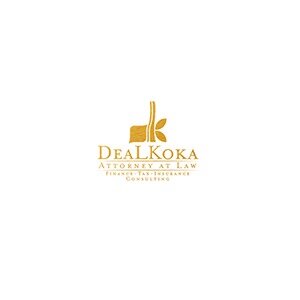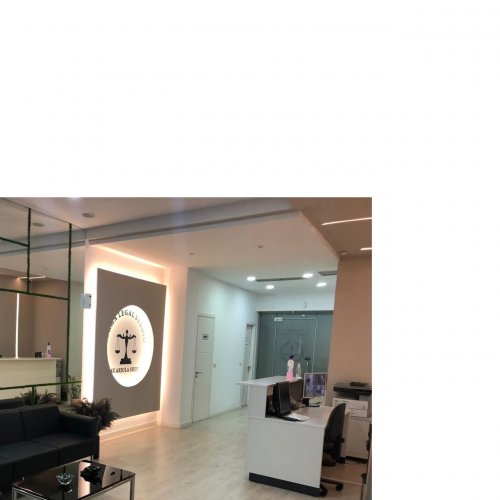Best Water Law Lawyers in Tirana
Share your needs with us, get contacted by law firms.
Free. Takes 2 min.
List of the best lawyers in Tirana, Albania
About Water Law in Tirana, Albania
Water law in Tirana, Albania is a specialized area within environmental and administrative law that governs the use, management, protection, and distribution of water resources. With Tirana being the capital city and a growing urban center, water management is crucial due to increasing demand on water supplies for residential, commercial, agricultural, and industrial uses. Albanian water law operates in alignment with both national legislation and international agreements, especially as the country works to harmonize with European Union standards. Water law addresses rights and restrictions related to surface and groundwater, water quality, sanitation, permits, and dispute resolution.
Why You May Need a Lawyer
There are several instances where individuals, organizations, or businesses may require legal assistance related to water law in Tirana. Common situations include:
- Disputes over water rights between landowners or between consumers and service providers
- Regulatory compliance for businesses impacting water resources, such as factories and construction projects
- Obtaining permits for drilling wells, extracting groundwater, or rerouting watercourses
- Conflicts or issues related to water pollution and environmental damage
- Problems with water supply, quality, and distribution from local authorities or private companies
- Appeals against administrative decisions regarding water resource management
- Legal support for participation in local water management councils or consultations
Water law can be technical and complex, often involving multiple regulations and authorities. An experienced lawyer can help navigate these challenges and protect your interests.
Local Laws Overview
In Tirana, water law is shaped by several key statutes and regulations:
- The Law on Water Resources Management governs the classification, distribution, use, and protection of water bodies. It establishes the principle that water is a public good and sets forth guidelines for proper licensing.
- The Albanian National Water Policy aligns local objectives with EU standards, focusing on sustainable use and pollution control.
- Local ordinances and decisions issued by the Municipality of Tirana further regulate aspects of urban water supply, wastewater treatment, and drainage.
- Permits and concessions for significant water uses, such as hydropower or irrigation, are regulated by national and municipal authorities.
- Protection zones exist around water sources to avoid pollution risks, placing restrictions on certain activities near lakes, rivers, and springs.
- Legal frameworks exist for resolving disputes, setting fines for violations, and ensuring public participation in water management decisions.
Anyone dealing with water-related issues in Tirana should be aware of these legal requirements and consult with a professional when necessary.
Frequently Asked Questions
What authorities oversee water regulation in Tirana?
The primary authorities include the National Water Council, the Agency of Water Supply and Sewerage, the Ministry of Infrastructure and Energy, and the Municipality of Tirana.
Is a permit required to drill a well on private property?
Yes, permits are required for drilling wells, and the process involves technical assessments, application to regulatory bodies, and compliance with protection zone rules.
What can I do if my property is affected by flooding or water damage from public infrastructure?
You may have grounds for compensation or corrective action. Consult with a lawyer to file claims or complaints against responsible municipal or state authorities.
Are there restrictions on building near rivers or lakes?
Yes, specific protection zones restrict construction and other activities near water bodies to safeguard water quality and prevent pollution.
How are water usage fees or tariffs determined in Tirana?
Water tariffs are set by the Municipality of Tirana based on infrastructure costs, usage, and service agreements with water supply companies.
Who is responsible for maintaining water supply pipes on my property?
Typically, property owners are responsible for internal plumbing, while local authorities or utility companies maintain public pipelines up to your property boundary.
What steps can I take if I suspect illegal pollution of a river or stream?
You should report the incident to the National Environment Agency or the relevant local water authority. Legal action may be warranted if the pollution contravenes regulations.
Can I divert or use water from a public stream for irrigation?
You must obtain authorization or a concession from the relevant water management authority to use water from public sources for private purposes.
What is the legal process for resolving water-related disputes?
Disputes are generally addressed through administrative procedures, mediation, or legal action in civil courts if necessary, depending on the nature of the conflict.
How are penalties enforced for breaking water law regulations?
Violations can result in fines, orders to cease certain activities, restoration of environmental damage, or even criminal penalties in cases of severe infractions.
Additional Resources
Several organizations and governmental bodies offer guidance, information, and support on water law in Tirana:
- National Water Council - Overall policy and regulatory oversight
- Agenzia Kombëtare e Ujit (National Water Agency) - Management and licensing
- Ministry of Tourism and Environment - Environmental regulations and water source protection
- Water Regulatory Authority - Oversight of water tariffs and service standards
- Municipality of Tirana - Local infrastructure and ordinances
- Local courts and administrative tribunals - Legal redress and dispute resolution
- Environmental NGOs - Public awareness and advocacy for water rights and conservation
Next Steps
If you need legal assistance in the field of water law in Tirana, Albania, consider taking the following steps:
- Clearly identify the nature of your issue, such as permit needs, disputes, or environmental concerns.
- Gather any relevant documentation, such as property deeds, permits, contracts, and correspondence with authorities.
- Consult with a specialized water law lawyer or a firm experienced in environmental and administrative law in Albania.
- Seek advice from local authorities or regulatory agencies to understand your rights and obligations.
- If necessary, initiate mediation or legal proceedings with professional representation to resolve disputes or protect your interests.
Early and informed legal intervention can help avoid complications and ensure compliance with Tirana's water regulations.
Lawzana helps you find the best lawyers and law firms in Tirana through a curated and pre-screened list of qualified legal professionals. Our platform offers rankings and detailed profiles of attorneys and law firms, allowing you to compare based on practice areas, including Water Law, experience, and client feedback.
Each profile includes a description of the firm's areas of practice, client reviews, team members and partners, year of establishment, spoken languages, office locations, contact information, social media presence, and any published articles or resources. Most firms on our platform speak English and are experienced in both local and international legal matters.
Get a quote from top-rated law firms in Tirana, Albania — quickly, securely, and without unnecessary hassle.
Disclaimer:
The information provided on this page is for general informational purposes only and does not constitute legal advice. While we strive to ensure the accuracy and relevance of the content, legal information may change over time, and interpretations of the law can vary. You should always consult with a qualified legal professional for advice specific to your situation.
We disclaim all liability for actions taken or not taken based on the content of this page. If you believe any information is incorrect or outdated, please contact us, and we will review and update it where appropriate.




